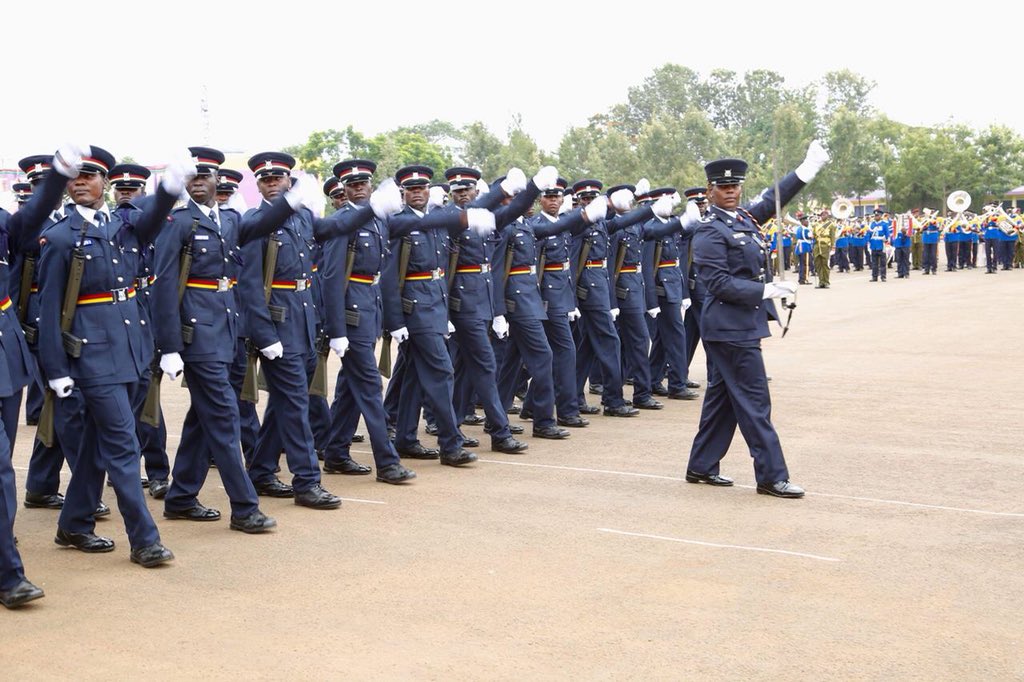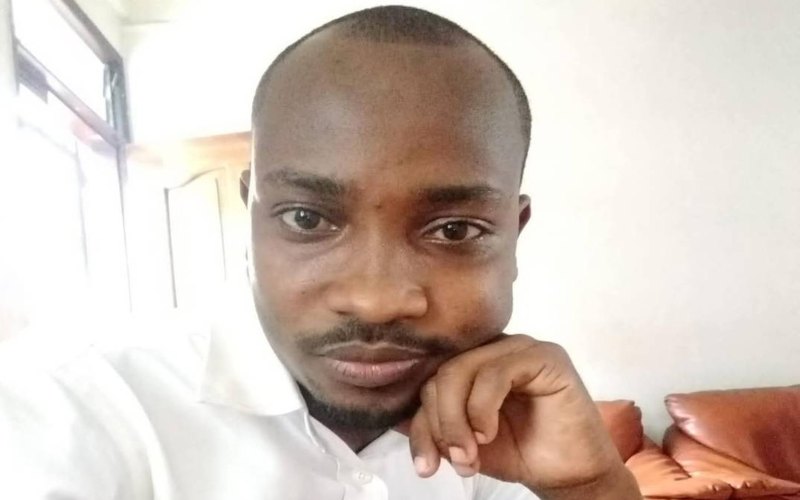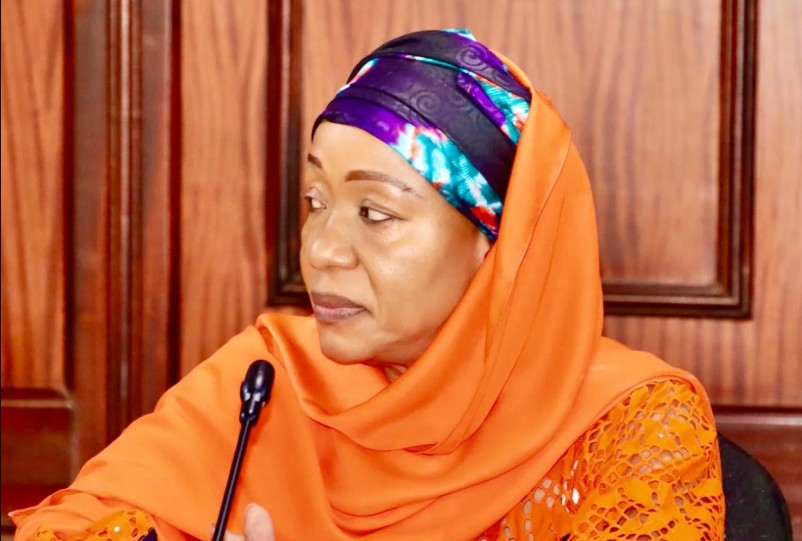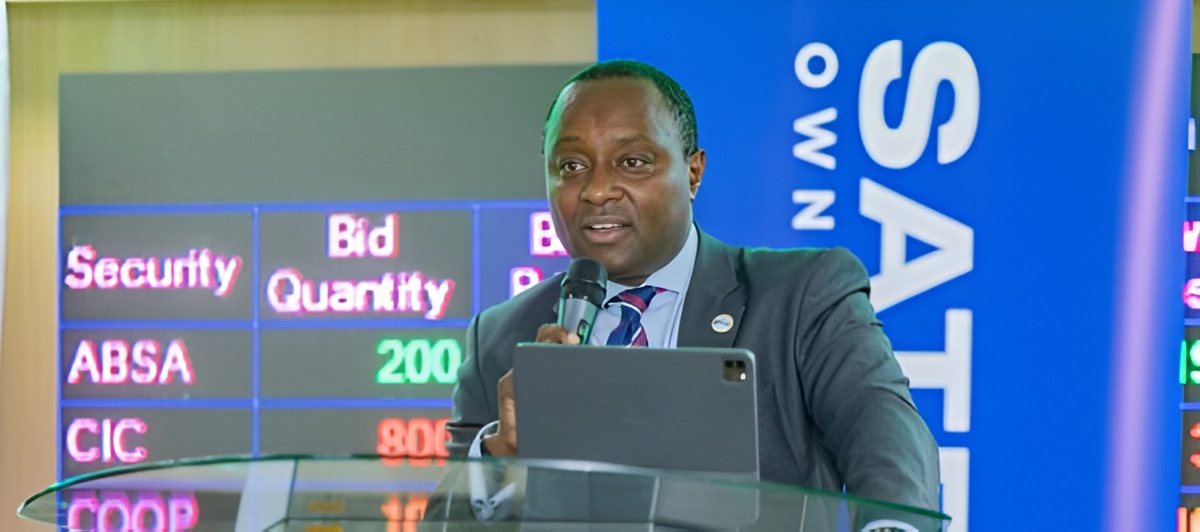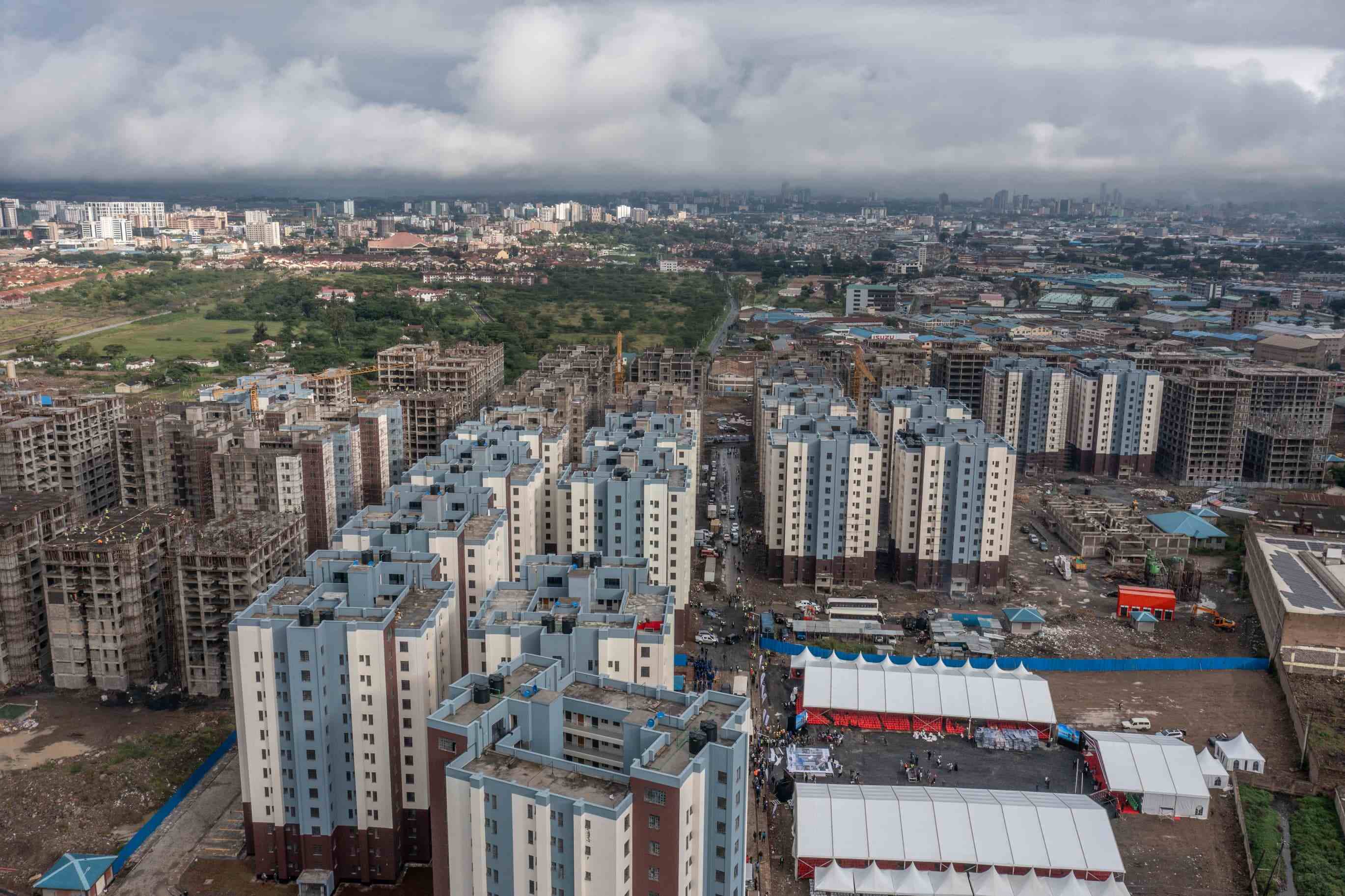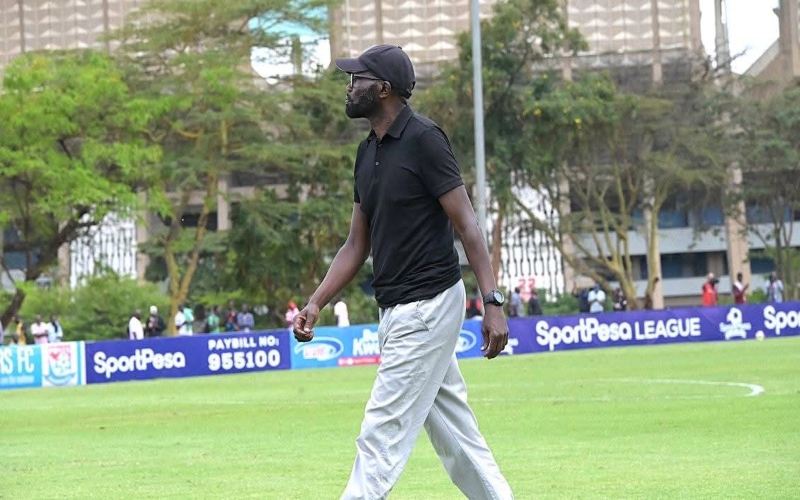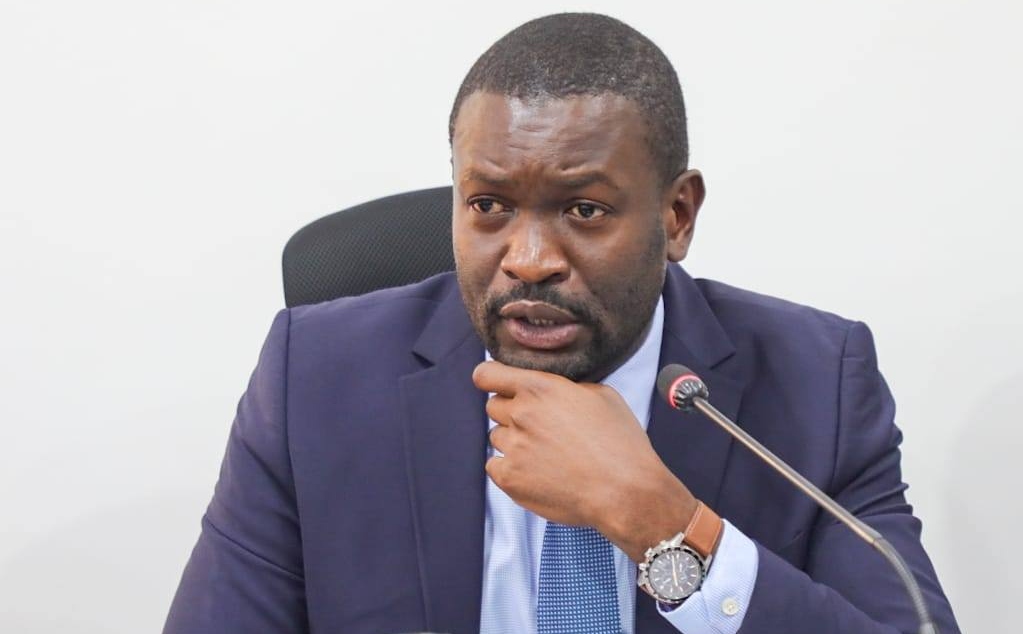Report finds some religious leaders guilty of using manipulation to commit crimes in places of worship
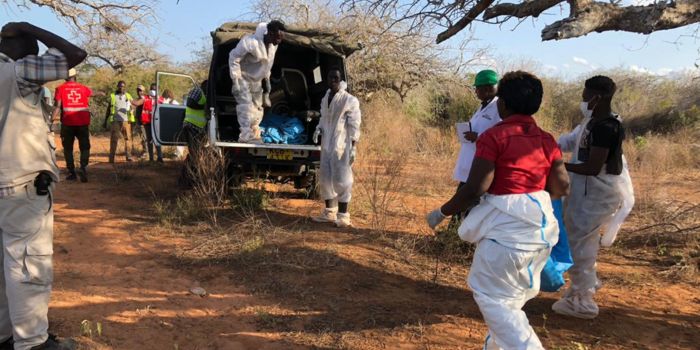
The findings reveal criminal undertones in certain religious groups, with much of this activity conducted in secrecy to evade detection.
A new government report has put certain religious leaders under scrutiny for using fear and manipulation to carry out criminal activities within their congregations.
The report, titled Religion and Crime, was released on Friday by the National Crime Research Centre (NCRC) during the launch of the Centre’s strategic plan.
More To Read
- Paul Mackenzie twisted Bible teachings to mislead followers, court told
- Paul Mackenzie: Prison staff should stop giving me special treatment, it’s endangering my life
- Another pastor arrested in Kilifi as authorities crack down on rogue preachers
- Shakahola cult: How Mackenzie forged documents to register Good News Church
- Kwa Binzaro cult suspects held for 60 days as investigators uncover grisly graves
- Rescue of starving boy sheds light on Shakahola forest tragedy
The research provides insights into the motives behind crimes committed under the guise of religion in the country, exposing harmful practices within various religious groups—from criminal acts to those seen as generally detrimental—aiming to offer evidence-based recommendations to relevant agencies.
The report was prompted by the shocking exploitation of religion for criminal purposes, highlighted by last year’s discovery of 429 deaths linked to followers of Good News International Church, led by Paul Mackenzie, who now faces terror-related charges. It also highlights the ongoing challenges posed by groups like Al-Shabaab and the Mungiki sect.
The findings reveal criminal undertones in certain religious groups, with much of this activity conducted in secrecy to evade detection.
The report identified some religious organisations operating in authoritarian and monolithic ways, disallowing followers from questioning leaders’ actions or demanding oversight. Attempts to exit these groups often attract suspicion, as leaders fear defectors may expose their activities.
"The manipulation of congregants through fear, particularly with apocalyptic teachings, was also apparent. Unquestioning loyalty, rejection of oversight, and refusal to affiliate with umbrella bodies define the structure of these groups," the report notes.
The research further found that some groups reject conventional medicine, are sceptical of formal education, conduct secretive worship, refuse to affiliate with religious councils, exhibit cult-like behaviour, impose strict dress codes, oppose government programmes, and disseminate radical teachings.
Other concerning practices include dietary restrictions, ritualistic animal slaughter, strict access controls, and high levels of secrecy regarding their activities.
Some leaders were found to restrict members’ participation in elections and government-led public campaigns. Many of these leaders lack theological training, increasing the risk of misguiding followers.
"The study also uncovered a wide array of extreme beliefs and possible misinterpretations of religious texts, including radical interpretations, an overemphasis on apocalyptic messages, an exaggerated prosperity gospel, and teachings linked to witchcraft," the report states, adding that these misinterpretations leave members vulnerable to radical teachings and harmful behaviours, such as rejecting medical treatment and formal education.
The report reveals that many perpetrators of these teachings exploit the vulnerable, with women constituting a significant portion of victims who also play key roles in propagating the teachings.
Some vulnerable congregants are exploited with promises of solutions to personal problems and through intense prayer regimens.
The report also warns of religious groups linked to murders, especially of elderly people accused of witchcraft, with leaders allegedly orchestrating these killings to inherit victims’ wealth.
Certain leaders have also imposed exploitative financial practices, such as demanding excessive donations and coercing members to sell assets—highlighting a concerning overlap between religious beliefs and economic crimes.
The study found extreme doctrinal practices, including fasting to the point of death, with reports of some groups killing members who took too long to die during fasting rituals, exposing the risks of unchecked religious influence on individuals' well-being.
At the same time, some followers experienced abuse through isolation under the guise of ‘prayer detention,’ where they were separated from other faithfuls and their own families, negatively impacting their mental health.
The report recommends deeper investigations into suspect religious groups to pursue criminal charges against perpetrators, along with partnerships between government and religious councils to support those wishing to leave such groups. It also calls for international collaboration to address cross-border issues related to crime and religion.
"Respondents made it clear that certain gaps are being exploited by these religious groups to target and infiltrate communities. Parliament and relevant government bodies should work together to enact and enforce legislative measures addressing these gaps in existing laws related to crime and religion, such as the Prevention of Terrorism Act," the report says.
While the report sheds light on modern trends where criminals exploit religion, it’s not the first time the country has seen the emergence of fringe religious groups.
In 1995, President Daniel Moi commissioned an inquiry into devil worship and occult practices, which documented cases of ritual murders and recommended the establishment of a specialised police unit to investigate occult-related crimes.
Top Stories Today


